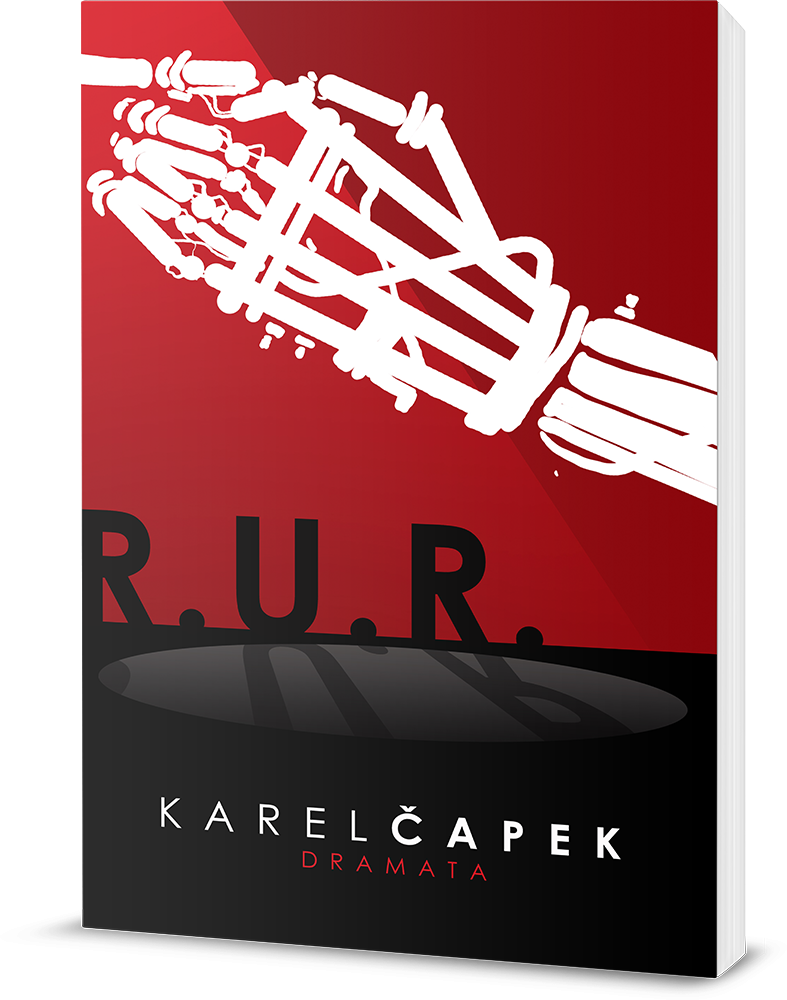R. U. R.
 R. U. R. by Karel Capek
R. U. R. by Karel CapekI was really looking forward to reading this play. I have a collection of four Capek plays here and plan to read them all; they sound intriguing. I first got hooked by R. U. R., when I found out that not only did it introduce the word and concept of robot* to the world, it also invented the robot apocalypse!
The story is that Reason's Universal Robots is a successful company that produces robots--mostly-organic workers with limited intellect and no will or emotion who are grown and constructed. The owner dreams of a day when there will be such abundance in the world that there will be no poor and no-one will have to work hard for a living--the robots will do it all.
Lady Helen, young and elegant, comes to visit on an ideological crusade to educate the robots; she feels certain that if they are treated well and taught, they will be people. She is disappointed to find that the robots are totally unresponsive to emotional persuasion and don't understand what she wants. But she stays to marry one of the directors.
Years later, there are robots all over the earth, but the consequences for people aren't as idyllic as hoped. And a change has been introduced into the robots' design...
It's a neat play and I'd love to see it performed. Nearly a hundred years after Capek wrote it, R. U. R. is still an interesting meditation on the purpose of life and the implications of technology.
*In case anybody ever needs you to know this, it wasn't Karel who invented the word; it was his brother Josef, who often wrote with him. Robot comes from the Russian for work, which is pronounced rabota. Rabotnik would be 'worker.'


Comments
Post a Comment
I'd love to know what you think, so please comment!